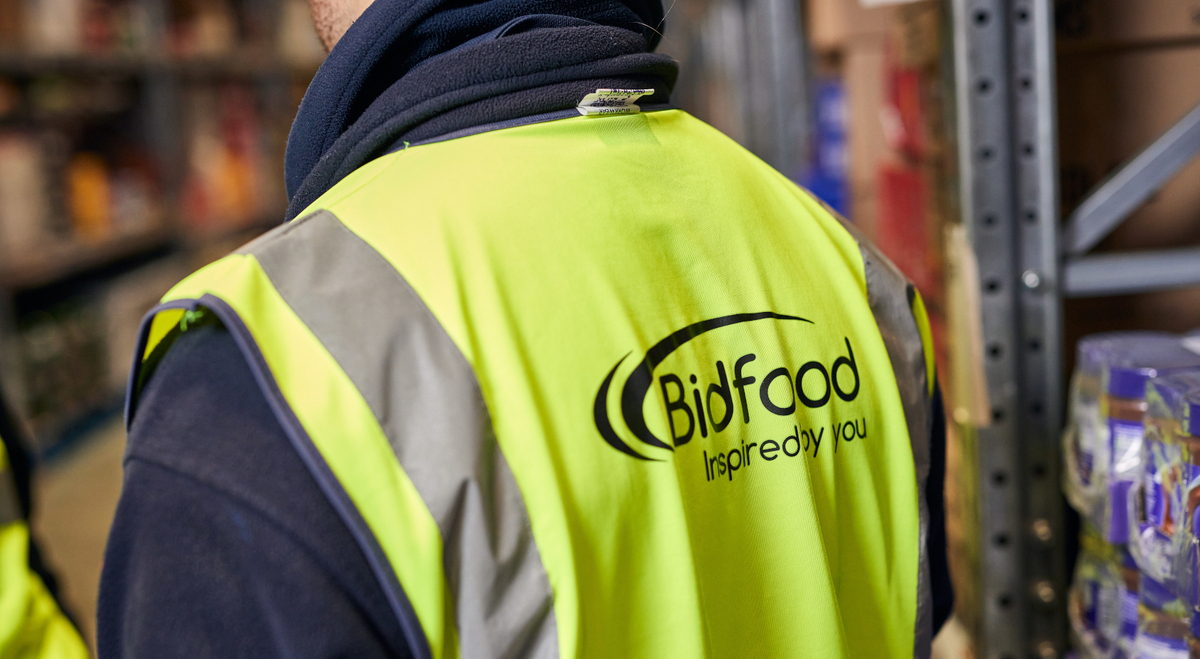Government to offer short-term visas to tackle supply chain disruption
The government has announced that short-term visas will become available in the run-up to Christmas to tackle shortages of HGV drivers and the supply chain disruption.
The lack of drivers has forced kitchens to contend with a lack of ingredients and suppliers have warned there could be a turkey shortage this Christmas. The government has announced that 5,000 HGV drivers will be able to come to the UK for three months in the run-up to Christmas.
A further 5,500 visas for poultry workers will also be made available for the same period. Recruitment will begin in October and these visas will be valid until 24 December 2021.
However, the government added that it wanted to see employers “make long-term investments in the UK domestic workforce instead of relying on overseas labour”, adding that visas “will not be the long-term solution, and reform within the industry is vital”.
The Department for Education is investing up to £10m to create new skills bootcamps to train up to 3,000 more HGV drivers. The free short courses will train drivers for a category C or C&E licence. An additional 1,000 people are expected to be trained through courses accessed locally and funded by the government’s adult education budget.
Fuel tanker drivers need additional safety qualifications, which the government said it will work to ensure drivers can access “as quickly as possible”.
Transport secretary Grant Shapps said industries “must also play their part with working conditions continuing to improve and the deserved salary increases continuing to be maintained in order for companies to retain new drivers”.
The Food and Drink Federation’s chief executive Ian Wright said it was “a start” but that the government needed to “continue to collaborate with industry and seek additional long-term solutions”.
British Chamber of Commerce (BCC) data found that 76% of hospitality businesses have faced recruitment difficulties in recent months.
BCC president, Baroness Ruby McGregor-Smith, pointed out that a post-Brexit transition plan “should have been in place from the outset”.
“Instead, the supply of EU labour was turned off with no clear roadmap as to how this transition would be managed without disruption to services and supply chains,” she said.
She added: “Now some action has been taken, but additional testing will take time and the low number of visas offered is insufficient. Even if these short-term opportunities attract the maximum amount of people allowed under the scheme, it will not be enough to address the scale of the problem that has now developed in our supply chains. This announcement is the equivalent of throwing a thimble of water on a bonfire.”
Photo: NORRIE3699/Shutterstock.com


















